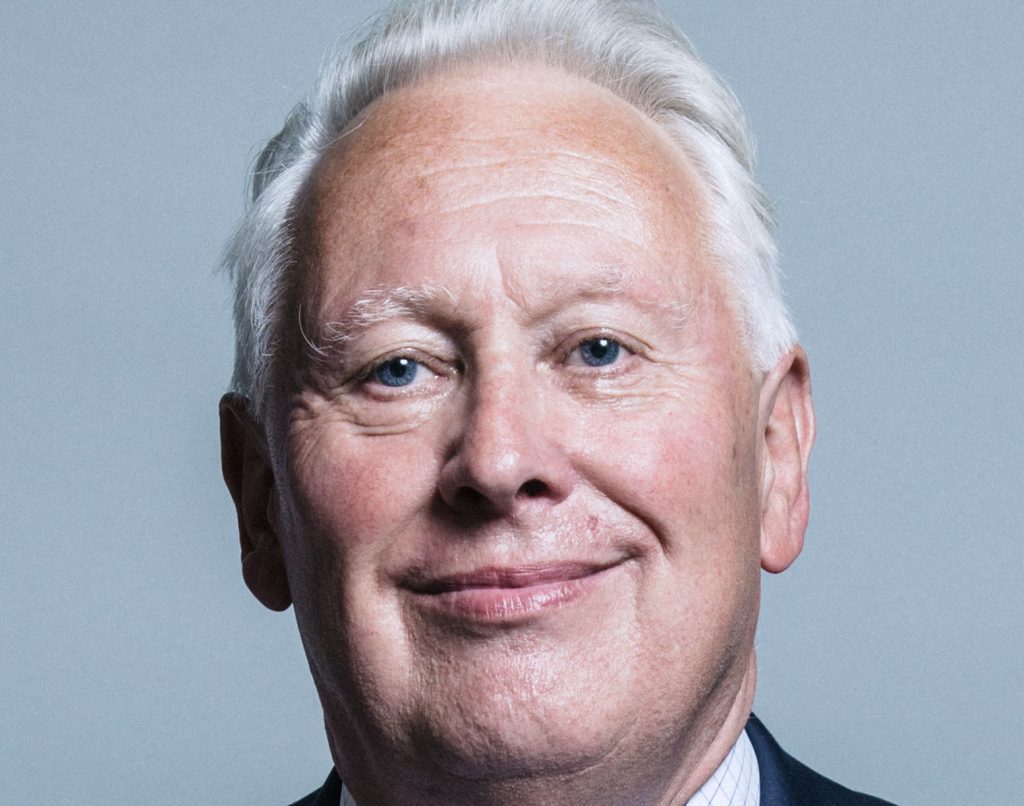The current system of disclosing past convictions undermines the principles of the youth justice system, according to a report published today by the Justice Committee.
The Committee, made up of MPs from parties across the commons, also suggested the system may not meet the UK’s obligations under the UN Convention on the Rights of the Child.
Although not legally binding, the convention was ratified by the UK in 1992 and tries to encourage legislation which protects and supports children’s civil, political, economic and cultural rights.
Adverse Effects on Adult Life

Image Credit: Hannah Busing / Unsplash
Witnesses speaking to the committee gave evidence that criminal records gained during childhood had serious adverse effects on adult life, including on “employment, education, housing, insurance, visas for travel”, and cited a discriminatory bias against BAME children.
Much of the report focuses on background checks from potential employers, also known as the Disclosure and Barring Service (DBS), with some witnesses saying they had felt forced to lie about their past to have a better chance at employment.
In 2014-15, 26 percent of standard DBS checks were into people who were under 18 at the time of a conviction – so the issue is widespread.
So what do they propose?
 Image Credit: Official Westminster Portrait / Public Domain
Image Credit: Official Westminster Portrait / Public Domain
Bob Neill, chair of the Committee and MP for Bromley and Chislehurst, said that while the Government confirmed “the primary objective of youth justice is to stop people being drawn into crime, with consequent blighting of their life chances, as well as harm being caused to victims”, this was being “undermined by the current disclosure regime.”
He added: “Mistakes made as a teenager can follow someone around for decades and create a barrier to rehabilitation, as well as profound problems with access to employment and education.”
In our #YouthCriminalRecords Report we say that the current system denies children a ‘second chance’. Read it here: https://t.co/1ClMsmqmW7 pic.twitter.com/1kcIbU4JN1
— Justice Committee (@CommonsJustice) October 27, 2017
The committee called for an “urgent review” into the current system of disclosure. They also suggested removing a rule which means anyone with multiple offences cannot be considered for non-disclosure and reducing the qualifying periods for non-disclosure of childhood convictions and cautions.
Other proposals include allowing police officers greater discretion in determining conviction disclosure, taking into account age and circumstance before qualifying a criminal record.
Ali Wigzell, Chair of the Standing Committee for Youth Justice said “A criminal record can act as a key barrier… because it essentially labels that person as an offender and prevents them from developing a prosocial identity by gaining employment and seeing that reflect back to them by their significant others.”
While the purpose of the justice system is to deter repeat or continued offending, Neill says there is “no evidence to suggest that having committed more than one offence is predictive of a greater risk of continued offending in adulthood“, undermining the principle of the system as young offenders find difficulty “moving on from their past, [which] creates a barrier to rehabilitation“.






